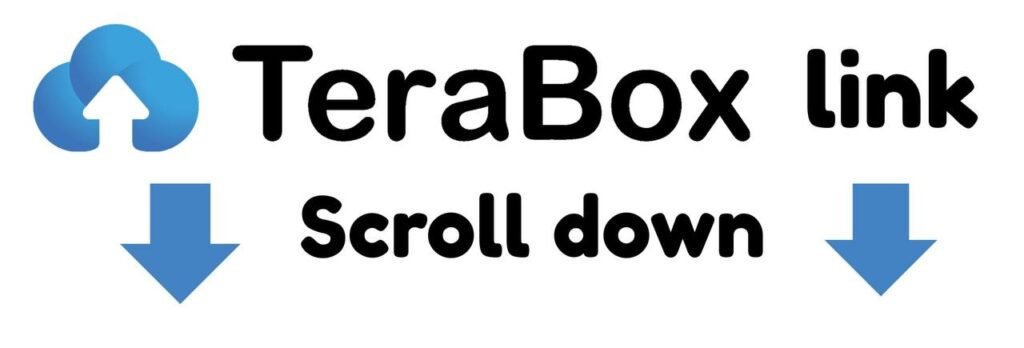
When it comes to financing property, two terms often used interchangeably are real estate loan and mortgage. While they are closely related and both involve borrowing money to buy or invest in property, there are key differences in usage, structure, and legal implications.
This guide breaks down the real estate loan vs mortgage difference to help you make informed decisions whether you’re buying your first home or investing in commercial property.
🏡 What is a Real Estate Loan?
A real estate loan is any type of loan used to finance the purchase, development, or renovation of real property — including residential, commercial, industrial, or agricultural land and buildings.
Types of Real Estate Loans:
| Loan Type | Purpose |
|---|---|
| Home Purchase Loan | Buying a new house or flat |
| Construction Loan | Building property from the ground up |
| Land Loan | Buying a vacant plot |
| Commercial Real Estate Loan | Buying or developing business property |
| Bridge Loan | Short-term loan before selling an old property |
Real estate loans can be secured or unsecured, but most are secured using the property being purchased as collateral.

🏦 What is a Mortgage?
A mortgage is a type of real estate loan where the property itself acts as security (collateral) for the loan. If the borrower fails to repay, the lender has the legal right to foreclose on the property and sell it to recover the money.
Key Features of a Mortgage:
- Secured loan backed by property
- Long repayment tenure (typically 15–30 years)
- Involves interest, principal, taxes, and insurance (EMI)
- Registered legally with the property papers
⚖️ Real Estate Loan vs Mortgage: Key Differences
| Feature | Real Estate Loan | Mortgage Loan |
|---|---|---|
| Definition | Any loan used to finance real property | A loan specifically secured by property |
| Collateral | May or may not be secured | Always secured by real estate |
| Scope | Includes home loans, land loans, commercial | Primarily used for buying residential property |
| Foreclosure | Depends on loan type | Lender can seize property if borrower defaults |
| Legal Agreement | May or may not include legal mortgage deed | Must include a mortgage deed |
| Loan-to-Value Ratio | Varies by type and lender | Typically 75%–90% of property value |
| Usage | Broader (includes investment, business, etc.) | Focused on residential or personal property |
🔍 Example to Illustrate
Scenario A:
Ravi wants to buy a residential apartment. He applies for a home loan (mortgage) with the bank. The loan is approved, and the property he buys is kept as collateral. If Ravi fails to repay, the bank has the right to sell the flat to recover the amount.
Scenario B:
Priya, a real estate developer, takes a commercial real estate loan to build a shopping complex. This is a real estate loan, but not necessarily called a mortgage, even though the building may still act as security.
🧠 Conclusion: Which Term Should You Use?
- Use “mortgage” when you are referring to a secured loan on a residential or personal property.
- Use “real estate loan” when referring to a broader category of loans used for buying, building, or developing property — whether residential or commercial.